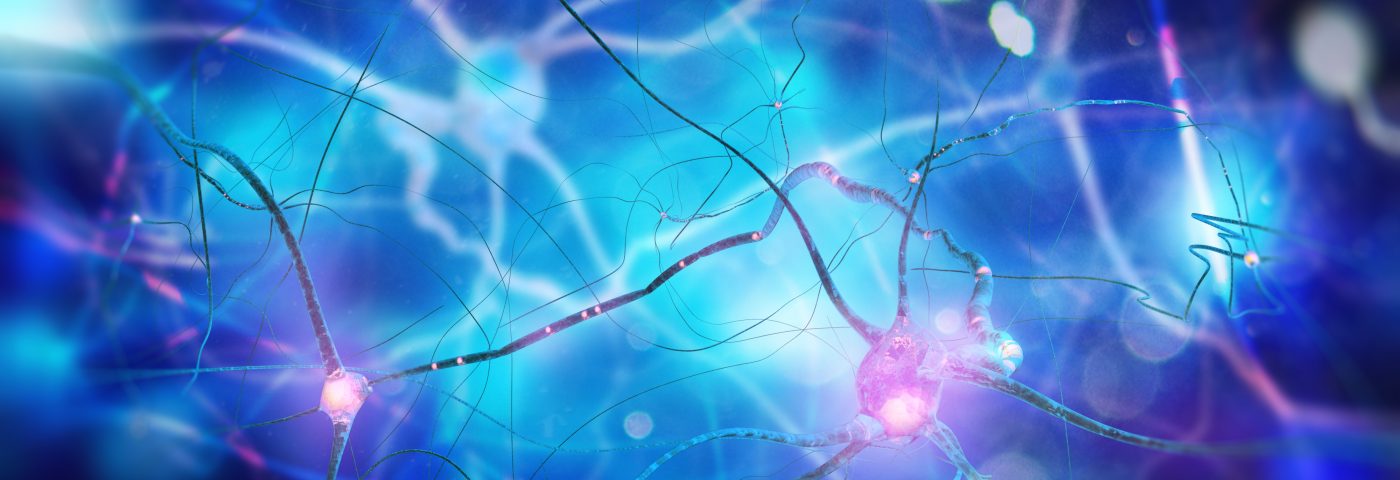Kevin J. Tracey, MD, chief executive officer and president of the Feinstein Institute for Medical Research, has been awarded the Frederik B. Bang Award — the highest honor given by the International Endotoxin and Innate Immunity Society (IEIIS) — for his significant body of work in the fields of endotoxin and innate immunity.
The award drew on Tracey’s groundbreaking research into controlling inflammation to treat diseases and into the immune system. His findings have led to an emerging field called bioelectronic medicine, with demonstrated success in treating conditions marked by inflammation, including rheumatoid arthritis (RA).
Tracey’s work has especially led to a deeper understanding of the body’s immunological responses — including the discovery of the inflammatory reflex, a communication circuit between the brain and the vagus nerve that controls and regulates inflammation.

“Dr. Tracey’s longstanding commitment to understanding the immune system and his breakthrough findings concerning the inflammatory reflex have had an ongoing impact on fields ranging from immunology to neuroscience,” Jack Levin, MD, chairman of the Bang Award Committee, said in a press release.
According to the Feinstein Institute, bioelectronic medicine is a scientific discipline that brings together molecular biology, neurophysiology, neurotechnology, and analytics to develop nerve-stimulating technologies.
At the core of bioelectronic medicine is the electric signals used by the nervous system to communicate information. Virtually every cell in the body is directly or indirectly controlled by these neural signals. Bioelectronic medicine can record, stimulate and block neural signaling, and its potential applications — in addition to RA — include Crohn’s disease, diabetes, paralysis and, possibly, cancer.
“It’s a great honor to receive the Bang Award,” Tracey said. “It recognizes many years of research leading to the development of Bioelectronic Medicine as a new means of addressing the critical role inflammation plays in disease. This work has not been done in isolation, however. None of it, including this honor, would be possible without the careful and dedicated research of my outstanding colleagues at the Feinstein Institute and other centers of research and learning in bioelectronic medicine.”
The award honors the memory of Frederik B. Bang (1916-81), a biomedical researcher at Johns Hopkins University who investigated a series of defense mechanisms and who was particularly curious about the use of marine organisms in the study of biological phenomena. The award was established in 1985 by the Stanley Watson Foundation to recognize research accomplishments by outstanding senior investigators and their contributions to the endotoxin field.


